Posts Tagged ‘Miklós Jancsó’
Electra My Love
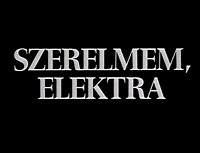
Szerelmem, Elektra Hungary, 1974, colour, 71 mins There was always something inevitable about Miklós Jancsó's Electra My Love (a literal translation of the Hungarian Szerelmem, Elektra, though it's also known as Elektreia). In the films from The Confrontation (Fényes szelek, 1968) to Red Psalm (Még kér a nép, 1971), he had been refining [...]
Red Psalm
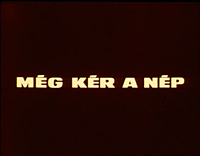
Még kér a nép Hungary, 1971, colour, 84 minsCurrent DVD availability makes it easy to trace Miklós Jancsó's career from his second feature Cantata (Oldás és kötes, 1963) to his sixth Silence and Cry (Csend és kiáltás, 1967) inclusive. But then there's a hiatus, with The Confrontation (Fényes szelek, 1968) and the Italian-made La [...]
Silence and Cry
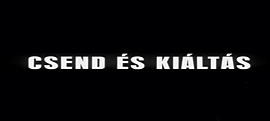
Csend és kiáltás Hungary, 1967, black and white, 76 minsBoth made and set in the same year as The Red and the White (Csillagosok, katonák) - 1967 and 1919 respectively - Silence and Cry returns to the puszta - that great flat Hungarian plain stretching out to infinity - that Miklós Jancsó made such an indelible part of The Round-Up [...]
The Red and the White
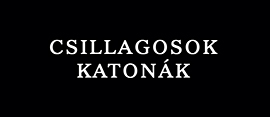
Csillagosok, katonák Hungary/USSR, 1967, black and white, 90 minsSuperficially, it's easy to see why the Soviet Union thought that Miklós Jancsó would be the man to direct a Hungarian-Soviet co-production commemorating the October Revolution's 50th anniversary. With My Way Home, made just eight years after the 1956 uprising, he'd portrayed a [...]
Jancsó in London
Last Friday evening I went to the Curzon Mayfair cinema in central London for an ultra-rare screening of Miklós Jancsó's masterpiece The Round-Up (Szegénylegények, 1965) in the company of its director - who, it turned out, was watching the film for the first time in nearly thirty years. As promised, it was indeed in 35mm, albeit in an old [...]
The Round-Up
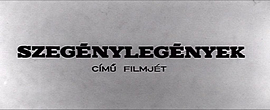
Szegénylegények Hungary, 1965, black and white, 87 minsIt's appropriate that Miklós Jancsó took inspiration for more than one film (Cantata, 1963; Allegro Barbaro, 1979) from the work of his great compatriot Béla Bartók, as in many ways he was attempting to achieve the same with Hungarian cinema as Bartók did with Hungarian music. Though [...]
My Way Home
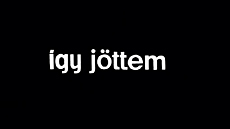
Így jöttem Hungary, 1964, black and white, 102 minsMiklós Jancsó's third feature My Way Home is a key transitional work in his career. Although still not quite past the embryonic stage, his mature style is now clearly visible, and he's already managed to ditch the Antonioni influence that cast a long shadow over its predecessor Cantata [...]
Cantata
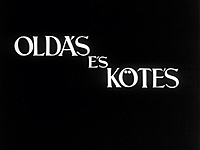
Oldás és kötés Hungary, 1963, black and white, 90 minsMiklós Jancsó’s second feature is, to all practical intents and purposes, his debut, since he has all but disowned his first decade’s output - a large number of documentaries plus a 1958 feature The Bells Have Gone To Rome (A harangok Rómában mentek). Although embryonic glimmerings [...]
Miklós Jancsó on DVD
To mark the release next Monday of Second Run's long-awaited DVD of Miklós Jancsó's The Round-Up (Szegénylegények, 1965), here's an overview of the surprisingly impressive number of Jancsó DVDs currently in circulation - provided you don't mind shopping around Britain, the US, France, Italy and Hungary. I'll be looking at many of these in [...]
Censorship as a Creative Force
In late April, the Barbican Arts Centre in London is hosting a week-long season, Censorship as a Creative Force, in collaboration with the Polish Cultural Institute, the Czech Centre and the Hungarian Cultural Centre.I've already booked tickets for the two highlights - a panel discussion on April 25 with the extraordinarily impressive line-up of [...]